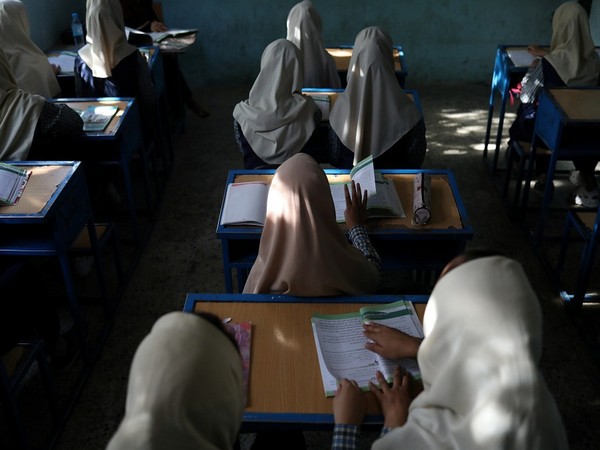Girls must be allowed to continue their education in Afghanistan: UNICEF

“It’s deeply disappointing to learn that, once again, the de facto authorities in Afghanistan have prevented girls from attending secondary school. This unjustified and shortsighted decision has crushed the hopes and dreams of more than one million girls, and marks another grim milestone in the steady erosion of girls’ and women’s rights nationwide.
“Girls across Afghanistan have been denied their right to learn for over three years – first, due to COVID-19, and then because of the ban on attending secondary school. The cumulative impact of these absences is taking a terrible toll on girls’ mental health, overall wellbeing and on their futures.
“Girls and adolescents, including those with disabilities, have the right to an education. Preventing girls from learning will also have far-reaching consequences for the country’s economy and health system.
“There is a chorus of girls’ voices all over Afghanistan urging us to find practical solutions for their education. Maryam, a sixth grader, told my UNICEF colleagues in Afghanistan, ‘Going to school is the light of life. If we don’t go to school, our lives will be dark.’
“UNICEF stands with every girl and woman in Afghanistan and calls on the de facto authorities to allow all girls to return to school with immediate effect. Girls must be allowed to continue their education, protect their mental health, and contribute to the future of their country.”
- READ MORE ON:
- Afghanistan
- UNICEF
- COVID-19
- education
ALSO READ
Afghanistan Clinches Series with Dominant Win Over West Indies
China Calls for Action: Protecting Its Citizens in Afghanistan
Zadran and Rasooli lead Afghanistan to 38-run win in 1st T20I against West Indies
Tensions on the Rise: Border Skirmish Intensifies Tajikistan-Afghanistan Relations
Pakistan PM Shehbaz Sharif Presses Afghanistan for Commitment to Peace










